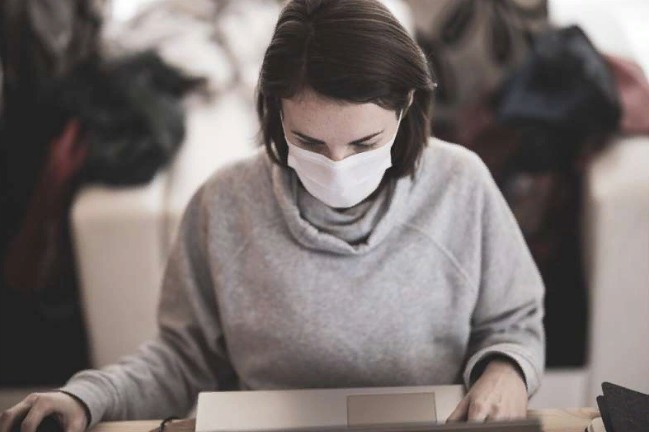When the Centers for Disease Control and Prevention (CDC) announced in January that it was reducing the recommended COVID-19 isolation duration from 10 days to five days, followed by five days of mask usage, there were some worries and questions regarding whether five days of isolation was too short.
The CDC had recommended 10 days of isolation and 14 days of quarantine in the early days of the epidemic, so five days felt like a major drop.
A new study from Boston University (BU) and Boston Medical Center researchers offers some insight into whether five days is long enough to assure the safety of both infected people and the general public. (The CDC guidelines are followed by BU’s COVID-19 policy.) Yes, with a few limitations, appears to be the simple answer.
Researchers followed a group of BU students who had tested positive for SARS-CoV-2 as part of the university’s broader testing program for the next 10 days, asking them to self-perform daily swabbing and symptom checks.
After five days in isolation, the majority of those who tested positive at the start of the trial were no longer positive (in fact, most of them tested negative after three days of isolation).
After five days, 17% of the 92 people who took part in the study (all of whom had been completely vaccinated) tested positive. This shows how important it is to keep wearing a mask for another five days.
“Rapid antigen testing may provide assurance that the patient is not contagious,” according to the study’s conclusion.
A full 10-day masking period is required to avoid transmission from the 17% of people who remain culture-positive after isolation, states the study. “According to the study,
The paper is classified as a preprint, which implies that it is currently being peer-reviewed. The researchers are making their findings public due to the urgency of any funded study involving the coronavirus.
Karen R. Jacobson, a School of Medicine associate professor of medicine in the Section of Infectious Diseases; John H. Connor, a MED associate professor of microbiology and a virologist at the National Emerging Infectious Diseases Laboratories; Catherine M. Klapperich, a College of Engineering professor of biomedical engineering and director of BU’s Precision Diagnostics Center and BU’s Clinical Testing Lab for COVID-19; and Tara Connor were the study’s





